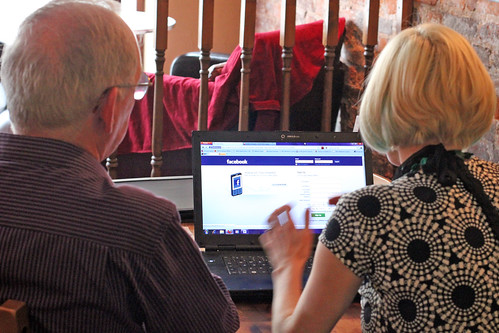I have a collection of half baked thoughts following the truly excellent Talk About Local unconference in Birmingham on Saturday.
Whilst they stew into something edible I just wanted to quickly share some very useful links plus a list of ideas generated as part of Make it Local – the work done by Nesta on opendata and local government.
First the links – all mentioned by Jon Kingsbury (twitter) – who’s driving the Nesta Destination local programme.
- http://civiccommons.org/ is a us website which “is a marketplace for open innovation in government, tracking 585 apps in 199 cities. ” As Jon said – son’t re-invent the wheel, check ideas against this site.
- http://www.listpoint.co.uk/ Jon described as “an open platform for code lists standards”collates a lot of work on data standards, what they means and saves time and energy for opendata work.

Make it Local – was a project that Jon helped run for Nesta which supported local authorities to work with local developers on open and data tools. One of the projects – for example – was Birmingham’s Civic Dashboard. Nesta created this make it local toolkit. – (download as a pdf ) which gives from very practical thoughts on how to make data work in government more successful. I cite the whole thing below, simply because i think it’s worth sharing:
Ten tips for creating online local public services using open data
nesta.org.uk/areas_of_work/public_services_lab/make_it_local
1 Generate the idea
Focus on the needs of the Read more

